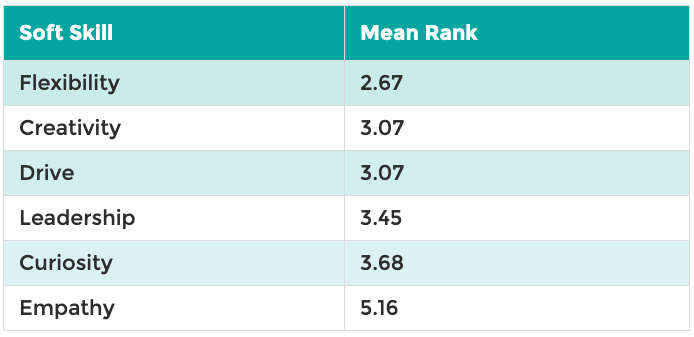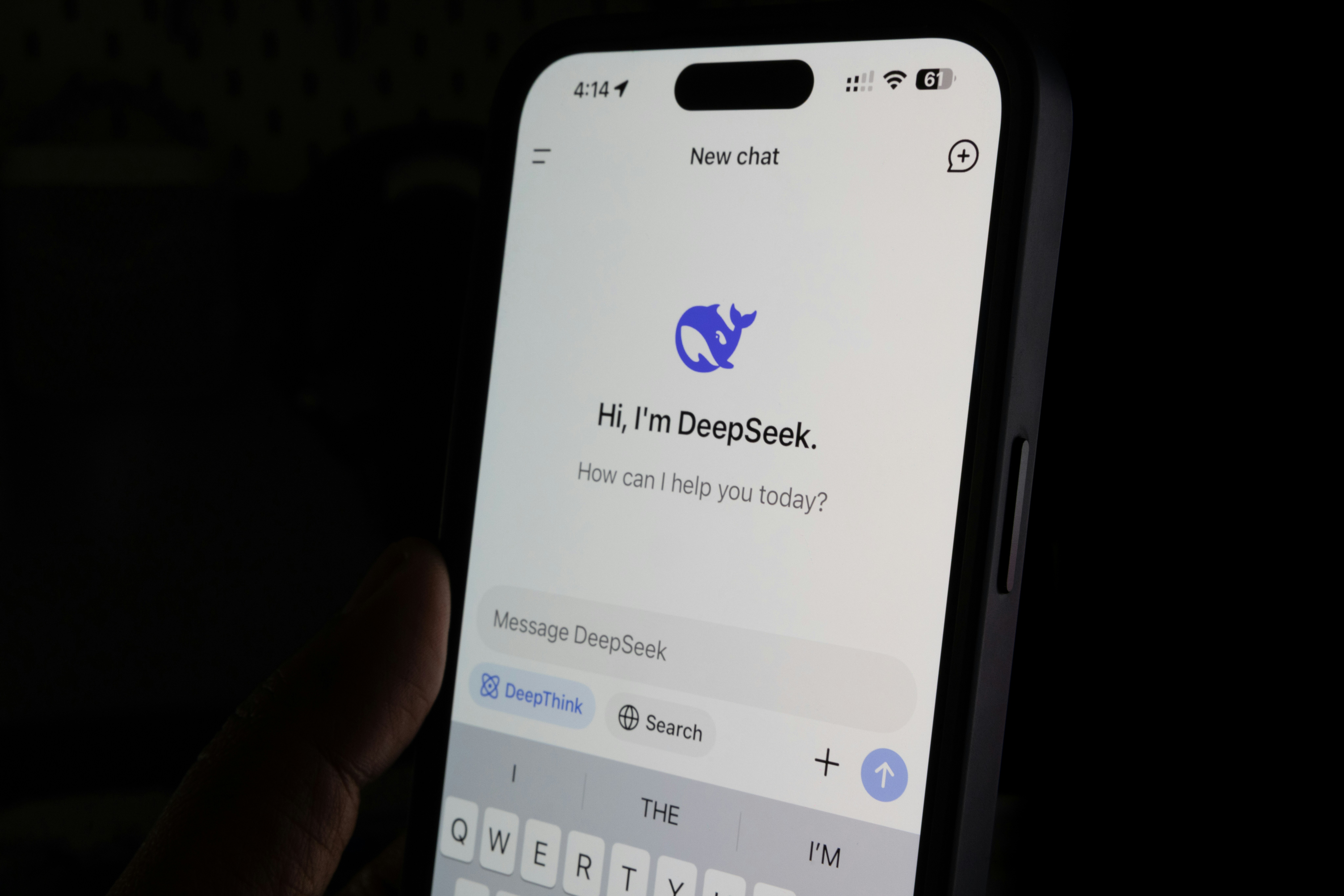
COVID-19 Pandemic Shines Spotlight on How Essential Soft Skills are to the Future of Tech
In the day-to-day life of a workplace, success often hinges on how well a team works together. All the technical skill in the world won’t help an IT team or company reach its goals if it’s plagued by poor communication, poor leadership and lack of flexibility, among other things. These soft skills have proven even more important in the age of COVID-19, with a rise in remote work and the corresponding shift in the ways we work with each other.
Even before COVID-19 disrupted work as we know it, soft skills were so important that one study found 67 percent of human resources professionals declined to offer a job to an otherwise qualified technology candidate because of a lack of soft skills.
Prior to the pandemic, we asked 500 senior IT professionals and infrastructure managers to rank the soft skills they thought would be most important for future IT professionals to possess. The attributes were ranked 1-6, with 6 being the least important. Below are the average ranks.
Most Important Soft Skills for Future IT Professionals

Since these results were collected, the world has obviously changed. And yet, our “new normal” only underscores the results.
Flexibility Is the No. 1 Soft Skill for IT Pros
Based on the rapid changes we’ve seen in tech and the world at large, it should come as no surprise that “flexibility” was ranked most important. Working with a team that’s willing to step up to the plate and roll with the punches will lead to better outcomes than working with players who are rigid and unwilling to bend as priorities shift.
“Hiring managers need to identify flexibility as a key behavior and skill set during the hiring process,” said Jackie Coats, INAP’s Senior Vice President of Human Resources. “To evaluate it, have the candidate explain a time when they had to deal with an unforeseen situation, and what they did to accomplish their goal regardless of the surprise.”
Business priorities are often adjusted and the demand on IT teams will move with them. Or a team member might leave unexpectedly, and the rest of the team will need to fill in.
“Another question to determine flexibility would be to ask how the employee has helped outside of their role when the team was short-staffed or under a tight deadline,” Coats added.
As we’ve seen remote work become the norm for many businesses, flexibility is an important trait for both employees and for supervisors to possess.
“Being flexible during these times is a critical tool we as leaders must leverage,” said Matt Cuneio, INAP’s Vice President, Global Support. “Nothing is more important to the health of a team than confidence that we’re all in this together. We’re going to be flexible with each other, ensuring we all win.”
A Need for Innovation Necessitates Creativity
Change often feels unexpected, as we’ve seen with the pandemic, but it’s always inevitable. In another pre-pandemic survey, we wanted to get an idea of what exactly will be driving change in IT roles now and in the future, so we asked our participants to choose the top driver. The need for innovation took the top spot, selected by 27 percent of participants. (Robust security and infrastructure scalability came in a close second and third.)
All of this change and need for innovation emphasizes the importance of creativity — the second ranked soft skill for IT pros. IT teams are also asked to problem solve on a daily basis and come up with new solutions to help the business achieve its goals or to find solutions to unique problems, like how to adjust networking strategies for a decentralized workforce.
Undervalued Empathy?
Empathy is the ability to identify with another person by sharing in their perspective and feelings. This soft skill is commonly valued in the helping professions, like counseling and social work, but can bring great value to teams in all professions by helping develop camaraderie and trust. Yet empathy ranked lowest on our list.
Cuneio shared his thoughts on the impact of empathy for IT, both within a team setting and with customers. “I had a friend tell me once, ‘Listen to understand.’ A listening ear is a powerful and necessary tool in today’s world,” he said.
Fostering empathy between individuals helps people feel heard and understood, which in teams can benefit collaboration and brainstorming sessions where colleagues feel empowered to share ideas.
“Every interaction you have is an opportunity to impact someone’s life,” Cuneio added. “It always amazes me the response I get by asking the simple question ‘How are things?’ The key component to this question is to listen and inquire to the response.”
It’s also been shown that companies that have a more empathetic culture outperform less empathetic companies by 20 percent. The bottom line: Individual empathy shouldn’t be overlooked.



